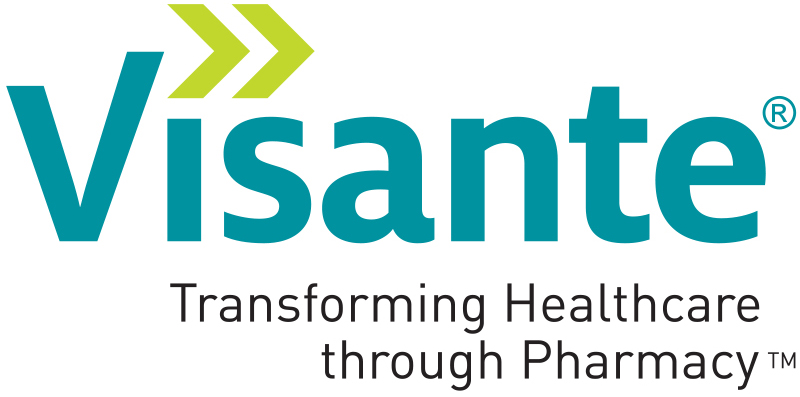Hospital pharmacies should consider supportive care, medicines and equipment resources, and supply
MINNEAPOLIS – February 27, 2020 – Visante Inc.’s CEO James Jorgenson, RPh, FASHP, issues statement concerning U.S. hospital pharmacies and preparations for and management of patients with coronavirus. Jorgenson and the Visante firm of consultants work with hospital and health system pharmacies in the U.S., U.K. and Canada to support clinical and financial performance and to improve how pharmacies impact hospitals and health systems.
STATEMENT:
Coronavirus treatment is focused on supportive care to manage symptoms such as fever, cough, vomiting, diarrhea, and fatigue – not the virus itself – to help patients stay comfortable while their bodies fight off the infection.
Supportive care can include medication treatments such as fever reducers (antipyretics like ibuprofen and acetaminophen), cough suppressants, anti-nausea medications and hydration with IV fluids. The majority of people who contract the coronavirus experience relatively mild symptoms and they are expected to recover with supportive care being enough to get the patient back on track and avoid complications.
Hospital Pharmacies should work with their city and state resources, wholesale distributor, and their Materials Management service to ensure adequate supplies of supportive medications and equipment such as N95 masks and other PPE are available to prevent spread of the virus and protect healthcare workers.
Other interventions focused on viral suppression may also be considered for patients where the virus poses a more serious risk such as those that are immune compromised, frail elderly, and patients with chronic respiratory conditions. Flu medications such as Tamiflu (oseltamavir), Xofluza (baloxavir marboxil), Relenza (zanamivir), and Rapivab (peramivir) may be considered.
Additionally, antivirals currently in use for other viral infections like HIV show promise. Early reports from Thailand noted improvement in coronavirus patients within 48 hours of receiving the HIV treatment in conjunction with flu medication Tamiflu (oseltamivir).
A 2004 study showed that the HIV drugs helped people with severe acute respiratory syndrome (SARS – another coronavirus originating in China that broke out in 2002) and improved their health outcomes.
In the event of a pandemic and mass hospitalizations, hospital pharmacies should also be prepared to address increased needs for medications to treat regular chronic conditions. Coronavirus patients will come with a variety of chronic conditions such as diabetes, CHF, COPD, etc. that will require medication therapy and appropriate access to these medications must also be considered. Medications used to support patients requiring mechanical ventilation may also be in short supply.
Caring for patients with acute respiratory failure and prolonged mechanical ventilation has already overwhelmed hospitals in China. Hospitals should be prepared for an increase in demand for respiratory support devices, critical care bed utilization, and the need to cohort large numbers of infected patients.
Finally, with China as the epicenter of the coronavirus outbreak, considerations for interruption of the entire pharmaceutical supply chain and greatly exacerbated drug shortages should be factored in. China is the primary source of Active Pharmaceutical Ingredients (API) for the world’s pharmaceutical manufacturing. If the API supply is disrupted by the virus, the resulting disruption of pharmaceutical manufacturing could create very significant shortages of a wide variety of medications.
Stockpiling or hoarding of medications also poses a problem. Many organizations have started stockpiling medications in anticipation of a coronavirus pandemic. Visante does not advocate this practice. Stockpiling or hoarding medications that may be in limited supplies and needed elsewhere for active treatment of patients can result in “artificial shortages” of medications. Rather, Visante advocates for an accurate and consistent communication plan with suppliers to understand medication availability and to work regionally and nationally to support a system that ensures that medications are available when and where needed.
About Visante
Visante is a multidisciplinary, clinician-composed consulting firm specializing in the business of pharmacy and healthcare compliance. By diagnosing and solving complex problems, we help hospitals, health systems, pharmaceutical companies, and managed care firms more effectively deliver compliant healthcare and pharmacy services. Our 60-plus consultants include experienced pharmacists, nurses, physicians, IT professionals and business experts. Learn more at visante.com.







